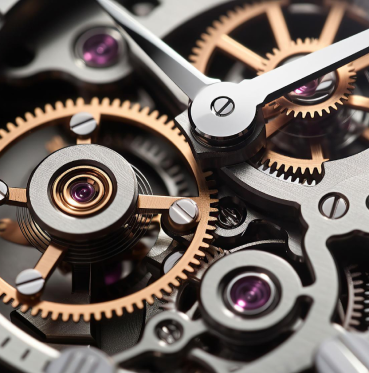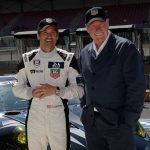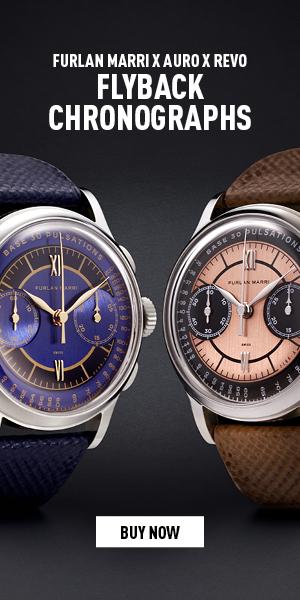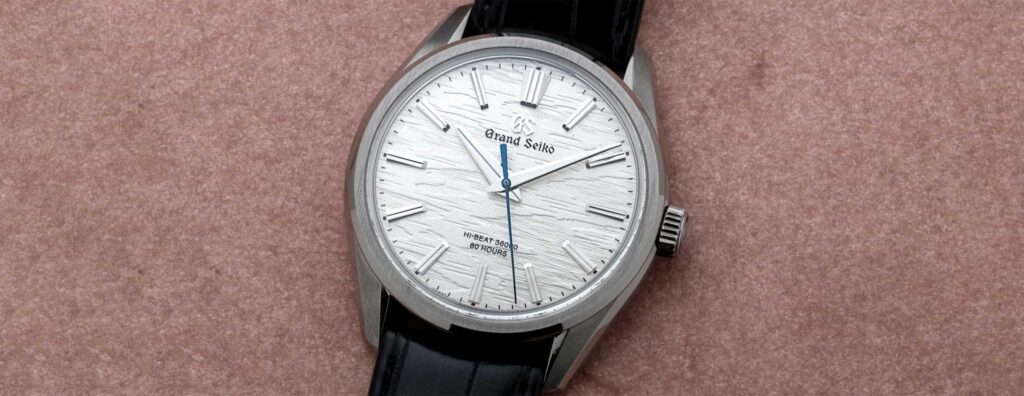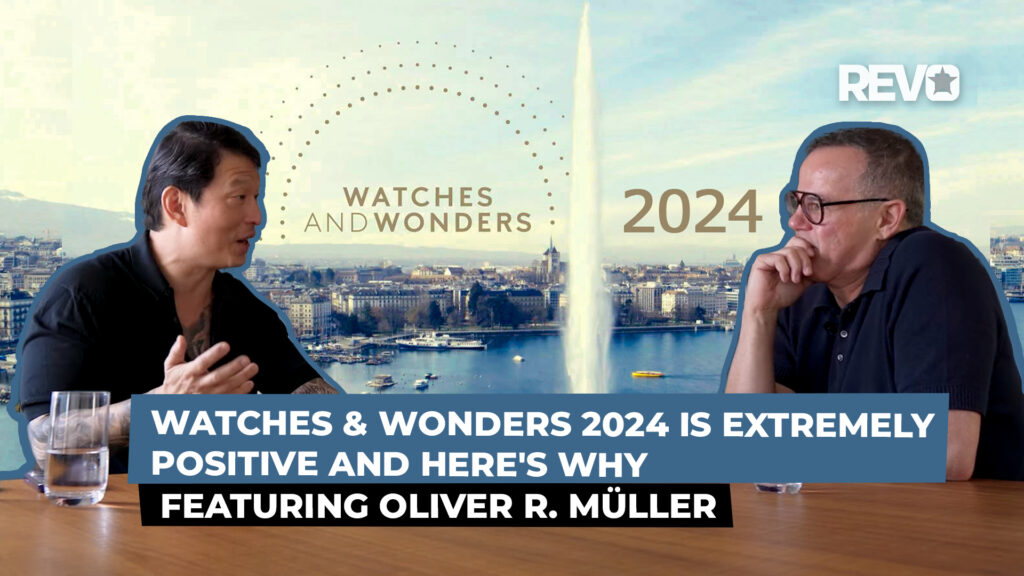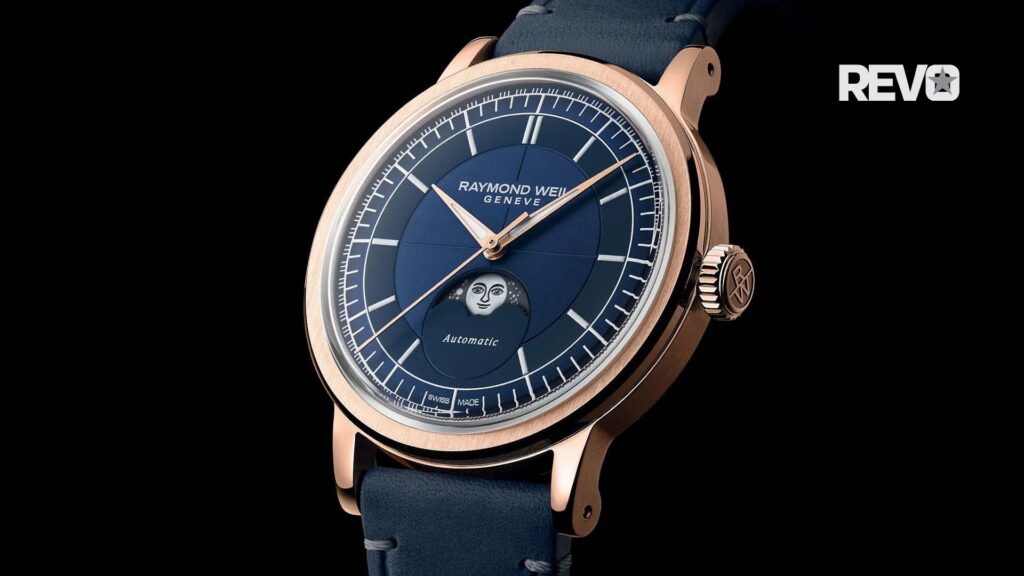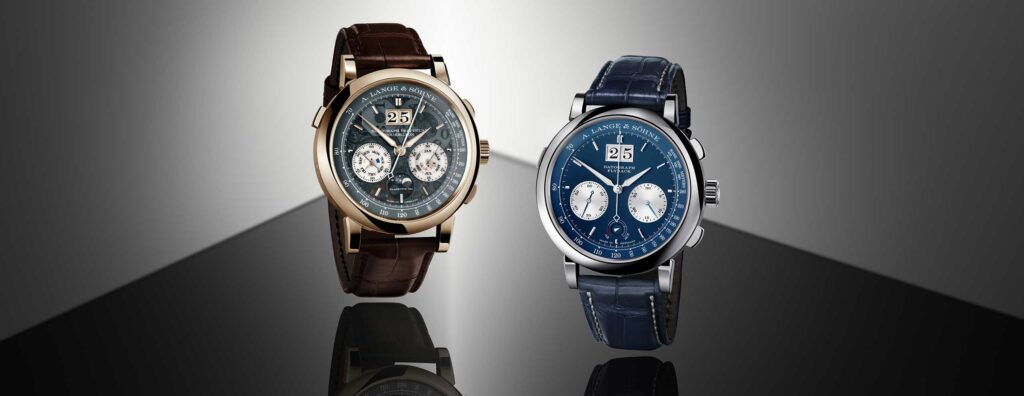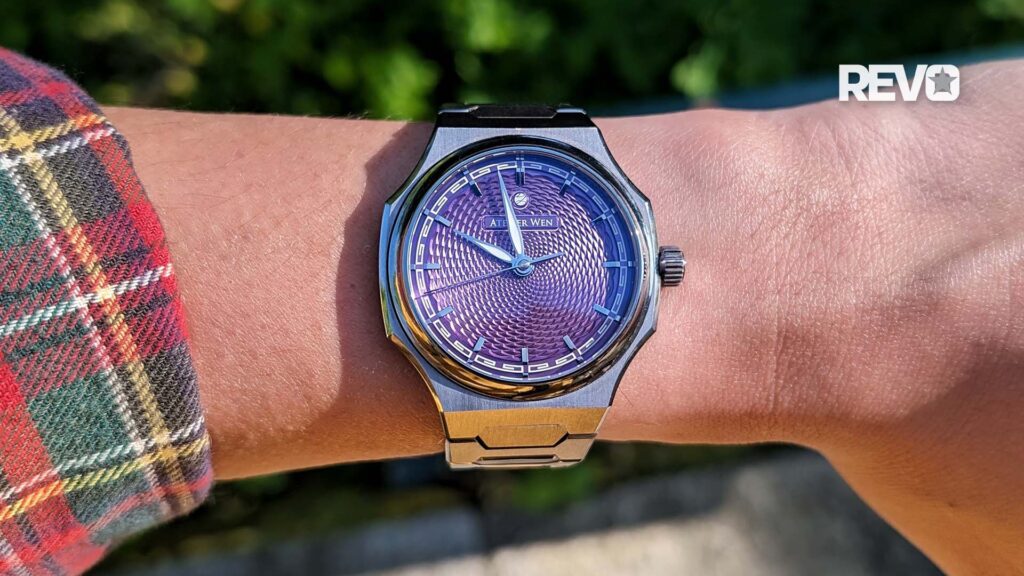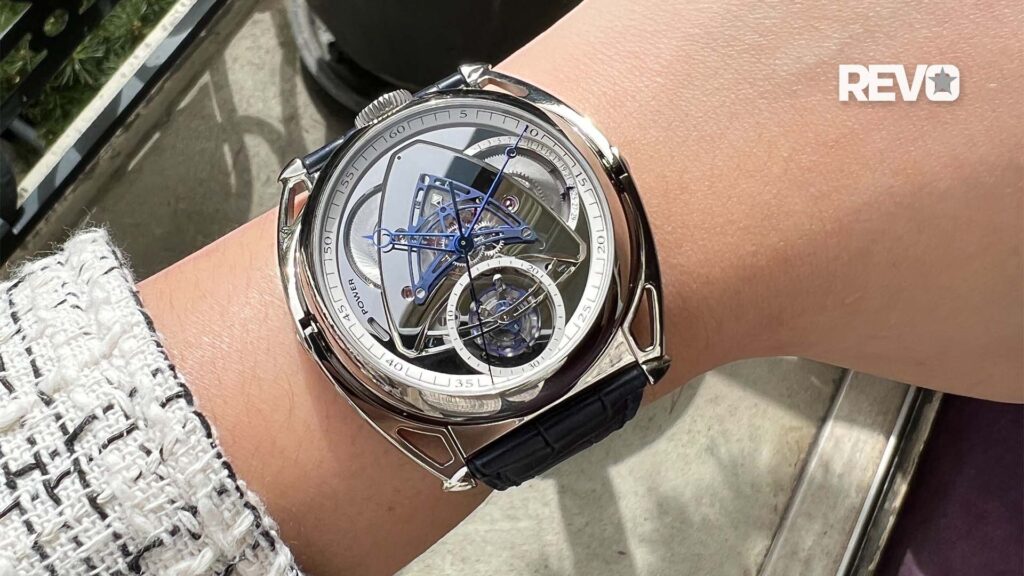Interviews
Racing Away: Patrick Dempsey
Last year was completely focused on racing because I needed to follow my dream. I knew that it was my year at Le Mans and that was my focus. I took a year out to race at a high level, with the support of great drivers and a great team at Porsche. It was a tremendous sacrifice to my acting career and to my family, but I needed to do it for myself.
Once I had accomplished my goal, I realised that I needed to reevaluate. I needed to step back yet still remain a part of the sport. I got my fix and I could tell my kids: “You know what? You can do anything.” There was a beautiful video made by Porsche about the journey to our triumph and the obstacles that we overcame to get there. I can show this to my children and explain that there is nothing you can’t do in life.
What is in the future for Dempsey Racing?
Because I was travelling so much last season and spending so much time alone, I was able to reflect on my connection with the sport. I realised I didn’t have the same motivation to go into this season as I did last year but I still wanted to stay connected to Porsche, so the best idea was to become a team owner. I have a Pro-team with two incredible drivers who won the championship last year. I followed the team at Silverstone, I will also be at Le Mans and some other races. I will then look at the best way forward, possibly getting back in the car in maybe in a year’s time, while also supporting my family.
The sport is physically draining. A couple of times in races I wasn’t able to break through that – but it does calibrate you for the next race. The biggest battle is learning how to be mentally strong for when you hit that wall. You have to be able to walk out of the physical and emotional pain, and that’s where preparation comes in. Depending on where you are at in the season, how well along you are, those things are major factors.
It has given me the passion to go back — but acting is also a grind, so it’s nice to take the time off. Aside from the racing I have been working on a cancer foundation in my hometown. It needed my focus and that is something that I find really satisfying. There is a lot that can happen there that could make a big difference and, to me, that is very satisfying work.
With Grey’s Anatomy, there was no challenge left after 11 years. Yes, financially it was wonderful but creatively and emotionally it became stagnant, and that’s no way to live. The challenge for me now is to produce and to control my destiny and the material that I am a part of. This year, I have sold five projects to different studios to develop as cable series and I am probably going to direct a small movie in Berlin. I am also in talks about a film to shoot here in Europe, which would be completely different to my other projects — more of an action film.
With regards to my role in Bridget Jones, it was a big risk bringing an American character in to the movie. It will be interesting to see how people react to the character, will they embrace him or not? Especially in the shadow of Hugh Grant.
I suppose it gives me a little sense of pride. Paul Newman was second at Sebring and Le Mans, while McQueen won the latter. I feel like I’m in that, I achieved that. I had tremendous support from my co-drivers and a phenomenal engineering team but then to win a race outright was another thing all together. Something changes within you, you learn something new and you can genuinely ask yourself what does it take to win?
We are much closer now. The team has a better sense of the history of the brand, especially after being given the chance to go to the factory and meet Jack Heuer. You start to see the evolution and why Heuer became so important. Before they had these huge cumbersome stopwatches, then the Carrera came along, followed by the Monaco. The Monaco became iconic because of the movie Le Mans, and Jack Heuer’s relationship with racing and desire to capture time accurately — it fits in perfectly with the sport. The Monaco is a beautiful thing, it is a work of art, a piece of sculpture that you can interact with and as soon as you see it, you recognise what it is. I’m so proud to be associated with it that and to have them as a sponsor.
The Vintage TAG — I have been very fortunate to be given watches, but I wanted to actually buy something special. So, Patrick Long, my co-driver found me a watch store. We were in Belgium and had time to kill, so we went in and the owner had a collection of Heuer watches. I found a 1970 black-face Heuer, it was my retirement present to myself from the show. It has a lot of meaning, it captured that piece of time. When I have that watch on it is very delicate, and I have a lot of pride in that. I have also invested in the company, in its heritage. It was very important for me to have that connection and to understand where it came from.
When we were speaking to Jack Heuer, who developed the idea of the Monaco, he explained the evolution of the watch, building the company, its history and why the pusher is on the right hand side so that you can reach it easily whilst you’re driving. I had it on in Le Mans, I would be looking at it and saying to myself: “Okay, I’ve got another 20 minutes in this stint.” In that way it was really useful during the race.


